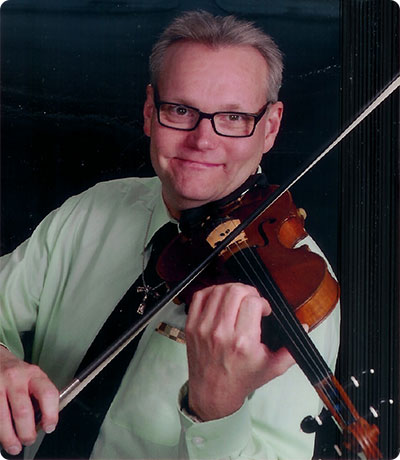Some of the world’s most renowned musicians began their training at music conservatories. If you’ve wondered, what does conservatory mean in music, it refers to a specialized institution that trains students in various aspects of music, from performance to theory. These schools provide rigorous education and mentorship, equipping students with the skills needed for successful careers. Here’s how they prepare students for the professional music world.
- Specialized Training in Performance Skills
One of the primary focuses of a conservatory is performance. Students receive intense instruction in their chosen instrument, whether it’s the violin, piano, or voice. Teachers often have extensive professional experience and provide detailed feedback on technique, interpretation, and stage presence.
For aspiring violinists, a conservatory education might also include advice on how to find a good violin teacher to continue refining their skills after graduation. Regular performances, both solo and ensemble, help students gain confidence and learn to perform under pressure.
- Mastering Music Theory and Composition
A solid understanding of music theory is essential for a professional career. At a conservatory, students delve into harmony, counterpoint, and analysis, which deepen their appreciation of music. They also explore composition, learning how to create their own works or arrange existing pieces.
This balance between practical and theoretical knowledge allows students to think critically about music and apply that understanding in their performances. It also opens doors to careers in composing, arranging, and teaching.
- Access to Experienced Faculty and Mentors
Conservatories attract highly skilled faculty who are often active in the music industry. These mentors provide valuable insights into navigating a professional career. They can guide students on everything from performance techniques to audition preparation.
Students often form lasting relationships with their mentors. This guidance extends beyond graduation, helping them answer questions like how do I find a good violin teacher to continue progressing as a musician.
- Building a Professional Network
The connections made at a conservatory are invaluable. Students collaborate with peers, faculty, and visiting artists, creating a strong professional network. Many conservatories host masterclasses with industry professionals, giving students direct exposure to the expectations of the field.
These connections often lead to opportunities such as internships, collaborations, or recommendations for auditions. Networking skills learned during conservatory training help students navigate the competitive music industry effectively.
- Preparing for Auditions and Competitions
Professional musicians must excel in auditions to secure opportunities. Conservatories dedicate significant time to preparing students for these high-stakes moments. They provide mock auditions and personalized feedback to refine performance techniques.
Many conservatories also encourage participation in competitions, which builds resilience and showcases a student’s talent. These experiences mimic real-world challenges, ensuring students are well-prepared when pursuing professional roles.
- Diverse Career Opportunities
A conservatory education isn’t limited to performers. It also equips students for careers in teaching, conducting, composing, or working in music production. For those who aim to teach, conservatories provide training on pedagogy, helping students learn how to share their skills effectively.
If a graduate wants to teach privately, their training ensures they can guide others on how to find a good violin teacher or become one themselves. This diversity of skills ensures long-term career flexibility.
Final Thoughts
Attending a music conservatory offers students the skills and connections needed to excel in the professional music world. From performance training to networking opportunities, conservatories shape musicians into versatile professionals ready for the industry.
If you’re exploring this path or looking for expert guidance on violin training, Paul Ciolek is an experienced professional who can help refine your skills and provide invaluable mentorship for your musical aspirations.


Leave A Comment